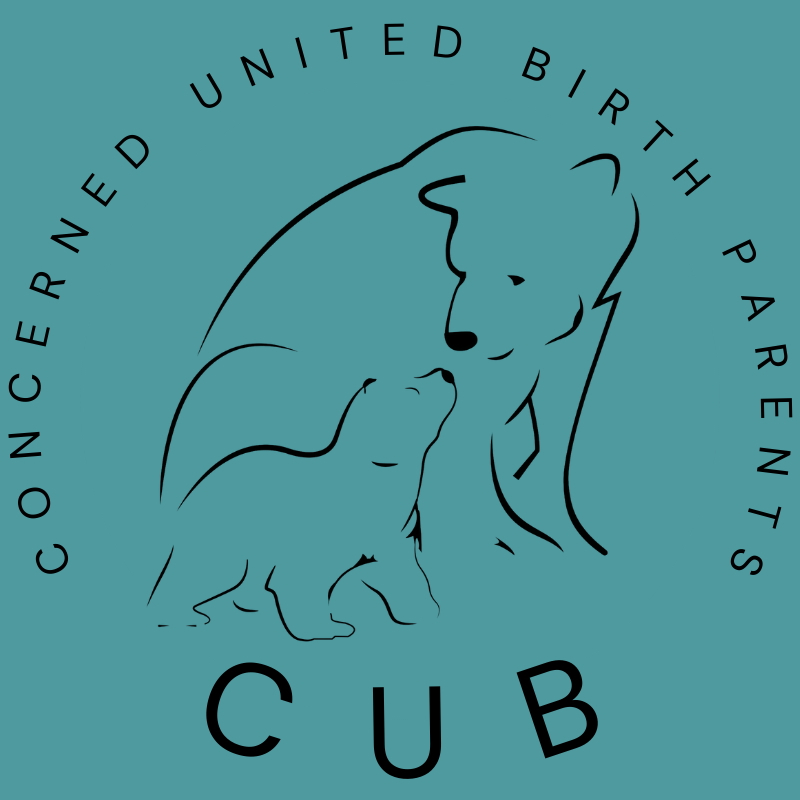The Illusion of Protection: How Women Unwittingly Uphold Patriarchal Adoption Policies
Over 1.5 million women in the United States were forced to relinquish their infants to closed adoption during the mid-1940’s through the mid-1970’s. Closed adoption practices from the past continue to have a detrimental impact on today's society, fostering a culture of secrecy and shame surrounding adoption. This is especially prevalent when other women cite “protection” of mothers of adoptions loss as a reason to keep discriminatory policy in place restricting the rights of adult adopted persons. It is far from the truth to believe we, mothers of adoption loss, are actually protected in any way when we deny an adopted person access to their original birth certificate. In fact, this illusion of protection actually reinforces the misogyny we experienced as women who were pushed to the corners of society by being shunned, shamed, and kept anonymous “for our own good” because we became pregnant out of wedlock.
Today’s adoption practices are based on openness and truth because we have learned from the past: not only was closed adoption a failed social experiment in secrecy, but it was also a tool conservative society used to force conformity. Today, a woman and her child are a family, but back then, they were not seen or respected as one because it did not conform to the way a family was “supposed” to look (two heterosexual parents, etc). This patriarchal viewpoint devalued motherhood and prioritized the needs of institutions over the well-being of families; we don’t have to look far to find where religious overreach was present in the facilitation of closed adoptions.
We take particular notice today when other women contribute to this “protection” narrative as a reason to discriminate against adult adoptees because we know societal pressure played a crucial role in compelling all women at the time to comply with harmful closed adoption practices in America. Those patriarchal norms of the time cast unmarried mothers like us as deviant and immoral, creating a powerful social stigma that led many women to feel ashamed and isolated. This stigma was reinforced by institutions—-hospitals and adoption agencies—-which actively discouraged us from keeping our children and instead urged us to surrender them for adoption. Those who wielded their influence over us in maternity homes were female social workers, emboldened by both this societal norm that viewed pregnant and unwed women as “fallen” and therefore in need of rehabilitation, but also by policies that allowed them to act in whatever manner they deemed necessary to carry out an unspoken mandate forcing unwed women to relinquish their infants for adoption to “more deserving” parents. Many of them truly thought they were doing good for us and our babies so it may not come as a surprise to learn we are extremely skeptical when today’s women seek to “protect” us. Frankly, we experience it as an injustice—a further attempt to rob us of even more of our autonomy. We are strong and united when we say enough. Stop using us as an excuse to keep a discriminatory policy in place against another marginalized population: adult adopted persons.
Today’s women and particularly today’s modern female lawmakers, have the opportunity to be leaders in the ongoing fight for women’s equality by championing policies and practices that prioritize our agency and autonomy, including but not limited to unrestricted adoptee rights bills.
